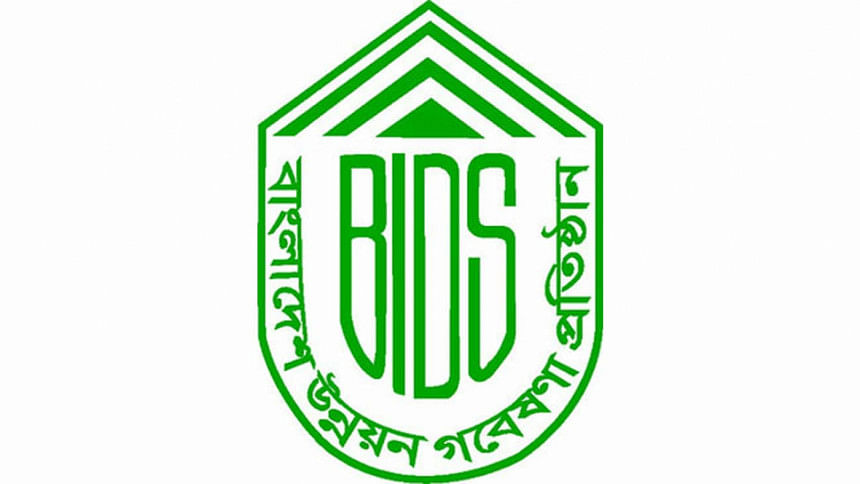Corrective measures taken, but many elements missing

Corrective measures were taken in the proposed budget to reduce inflation through demand management and encouraging supply response, said Binayak Sen, the director general at the Bangladesh Institute of Development Studies (BIDS).
He said the proposed budget is embedded in a conscious framework of policy-coordinated action across five dimensions -- a move towards a flexible exchange rate regime, removal of interest control, fiscal realism (slow growth in public expenditure by shaping the quality of spending and more emphasis on tax collection), enhancing supply response by boosting production, especially in agriculture and domestic industry via policy incentives, and preparing the country in the post-LDC context.
"But adjustments take time. It is not possible to reach a new equilibrium overnight," Sen said.
He added that there were things missing from the budget such as private health insurance for all salaried workers, and smart family cards for urban industrial workers via the Trading Corporation of Bangladesh.
He also said extreme poverty had fallen. As a result, although inflation is close to double digits, there is no significant risk.
He was speaking at a discussion on the proposed national budget for fiscal year 2024-25 and the medium-term economic outlook of Bangladesh, held at the BIDS office in Dhaka.
In reply to a question about whether booming default loans were pushing inflation, he said there are two types of defaulters.
"One is the first-generation entrepreneur, who took loans, failed in the industry, and became a defaulter. The other group will take money, but will not repay it. They are willful defaulters. The two groups should be separated."
He added that as the government has cut expenditure for stabilisation, it should take steps to protect soft sectors.
"Agriculture, social protection, education and health should be protected. Bring down the physical infrastructure investment, cut unnecessary expenditure like buying cars,"
He further said that setting a fixed tax rate to legalise undisclosed wealth without scrutiny violated tax equity and questioned the origin of the proposed 15 percent tax rate.
According to a proposed provision, no authority can raise any question if taxpayers, including companies, pay a 15 percent tax on cash, bank deposits, financial securities, or any other forms of previously undisclosed wealth.
This rate could be 15 percent for some, 10 percent for others, and 30 percent for others, depending on the specific circumstances, he said.
He added that various factors lead to some money remaining unaccounted for in legitimate processes. So, Sen was in support of the opportunity to legalise undisclosed wealth.
Mohammad Yunus, a research director at BIDS, said that very little allocation has been given to the agriculture sector compared to total national income.
If the agricultural sector falls into a crisis, food insecurity will increase, he said.
SM Zulfiqar Ali, another research director, said that despite the contractionary budget, the allocation for the education and health sectors increased.
However, what matters is how this allocation is used. In the past, allocations have shown that infrastructure spending is higher than improving service quality, he added.

 For all latest news, follow The Daily Star's Google News channel.
For all latest news, follow The Daily Star's Google News channel. 



Comments